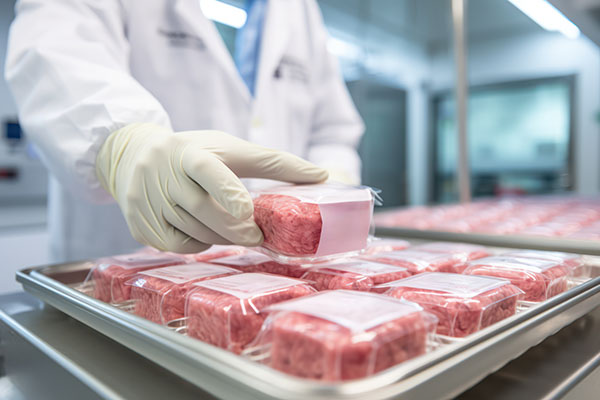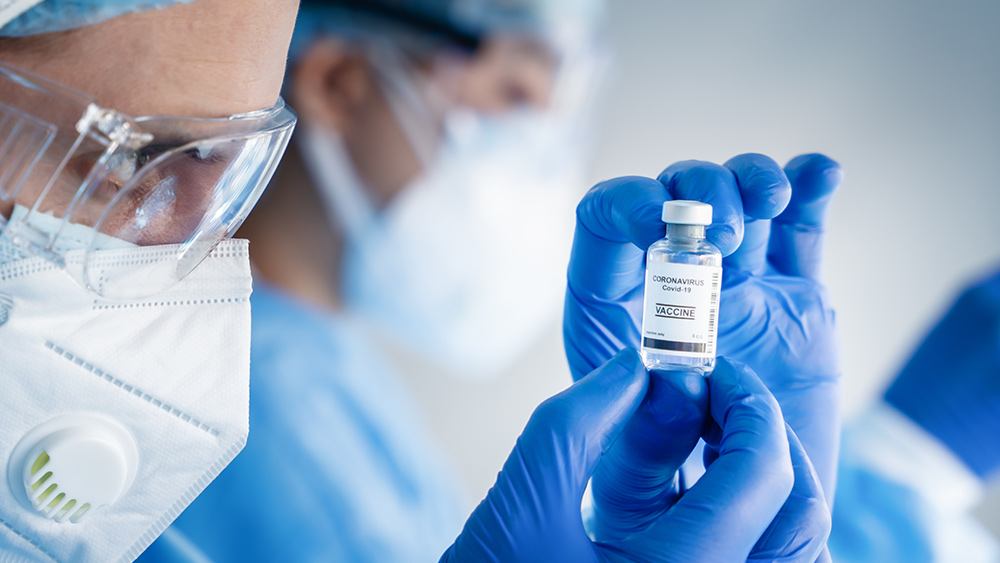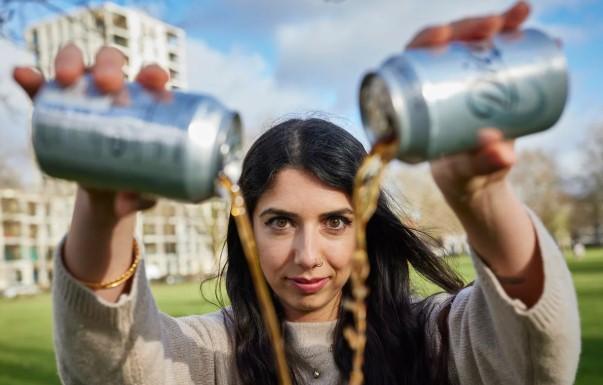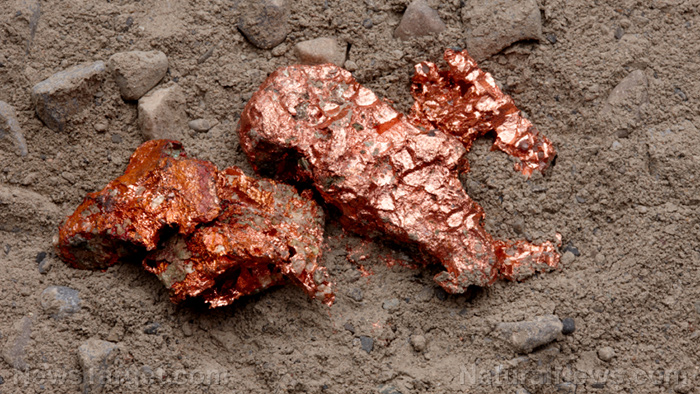Pistachios at night rewire gut microbiome, may prevent diabetes
07/27/2025 / By Cassie B.
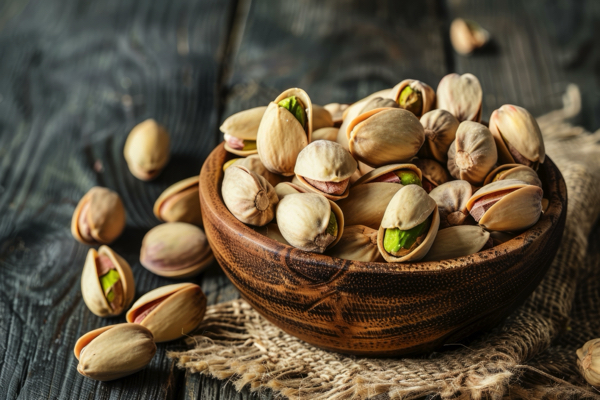
- A new Penn State study finds eating two ounces of pistachios nightly for 12 weeks improves gut bacteria in prediabetic adults, boosting beneficial microbes linked to lower inflammation and better metabolic health.
- The research challenges decades-old advice recommending carb-heavy bedtime snacks for blood sugar control, showing pistachios outperform conventional options like whole-grain bread in reshaping gut ecology.
- Pistachios increase butyrate-producing bacteria like Roseburia while suppressing harmful strains tied to inflammation and antioxidant breakdown—key factors in slowing Type 2 diabetes progression.
- The study highlights a natural, food-based alternative to pharmaceutical interventions, exposing flaws in mainstream dietary guidance and Big Pharma’s reliance on synthetic diabetes drugs.
- While longer-term research is needed, the findings suggest a simple dietary swap could empower millions with prediabetes to combat metabolic decline through gut microbiome optimization.
In a nation where prediabetes affects one-third of adults, most of whom will develop full-blown Type 2 diabetes, a simple dietary swap could offer a powerful tool to fight metabolic decline.
A groundbreaking Penn State study reveals that consuming just two ounces of pistachios nightly for 12 weeks significantly alters gut bacteria in prediabetic adults, boosting beneficial microbes linked to reduced inflammation and improved colon health.
The findings, published in Current Developments in Nutrition, suggest that this humble nut may help rewire the gut microbiome to combat diabetes, all while exposing the failures of conventional carbohydrate-heavy dietary advice pushed by mainstream health authorities.
The gut-diabetes connection
The gut microbiome is a battleground for metabolic health, with certain bacterial strains either fueling inflammation or producing compounds like butyrate, a short-chain fatty acid critical for colon cell energy and gut barrier integrity. Yet, for decades, prediabetic patients have been advised to consume 15–30 grams of carbohydrates as a bedtime snack to stabilize blood sugar—a recommendation now challenged by this research.
Led by Dr. Kristina Petersen, associate professor of nutritional sciences at Penn State, the randomized crossover trial involved 51 adults with prediabetes. Participants alternated between eating two ounces of pistachios nightly and following the standard carbohydrate-based snack protocol (e.g., whole-grain bread) for 12-week periods. Stool samples analyzed via 16S rRNA sequencing revealed dramatic differences in gut bacteria composition between the two groups.
Pistachios boost “good” bacteria, suppress harmful strains
The results were striking: pistachio consumption increased beneficial bacteria like Roseburia and members of the Lachnospiraceae family—key producers of butyrate. “Pistachios seem to be able to meaningfully shift the gut microbial landscape in adults with prediabetes, especially when consumed as a nighttime snack,” said Petersen. These microbes are associated with anti-inflammatory effects and improved glucose metabolism.
Meanwhile, harmful bacterial groups declined. Levels of Blautia hydrogenotrophica—a strain linked to kidney and heart-damaging compounds—dropped, as did Eubacterium flavonifractor, which breaks down antioxidants. “These microbiome changes may offer other long-term health benefits, potentially helping to slow the development of Type 2 diabetes,” Petersen noted.
A blow to Big Pharma’s diabetes profiteering
The study’s implications are monumental for the 96 million Americans with prediabetes, a condition exploited by pharmaceutical giants pushing expensive drugs like metformin. Instead of relying on synthetic interventions, the research highlights how a whole-food, nutrient-dense snack—pistachios are rich in fiber, healthy fats, and polyphenols—can reshape gut ecology naturally.
Terrence Riley, the study’s lead author and a postdoctoral fellow at Louisiana State University, emphasized the contrast with conventional advice: “A common dietary recommendation for individuals with prediabetes is to consume a nighttime snack consisting of 15 to 30 grams of carbohydrates… As an example, you could eat one or two slices of whole-grain bread.” Yet pistachios outperformed carbs in fostering a healthier microbiome.
While the gut bacteria shifts are promising, Petersen cautioned that direct health benefits such as improved blood sugar control weren’t measured in this study. The trial’s crossover design (where all participants tried both diets) strengthens its validity, but longer-term research is needed to confirm if these microbial changes translate to diabetes prevention.
Funding from the American Pistachio Growers raises questions about industry influence, but the study’s rigorous methodology and peer-reviewed publication lend credibility. Notably, the findings align with prior research linking nut consumption to better metabolic outcomes.
A simple, natural defense against diabetes
In a healthcare system riddled with corruption and quick-fix pharmaceuticals, this study offers hope in the form of a natural, accessible intervention that empowers individuals to take control of their metabolic health. By swapping processed carbs for pistachios, prediabetic adults may not only nourish their gut microbiome but also strike a blow against the diabetes-industrial complex. As Petersen’s team plans future research, it is clear that the road to metabolic health begins in the gut, and pistachios could be a vital part of the journey.
Sources for this article include:
Submit a correction >>
Tagged Under:
Big Pharma, clean food, diabetes, diabetes science, gut bacteria, gut health, gut microbiome, pistachios, Prediabetes, research
This article may contain statements that reflect the opinion of the author


